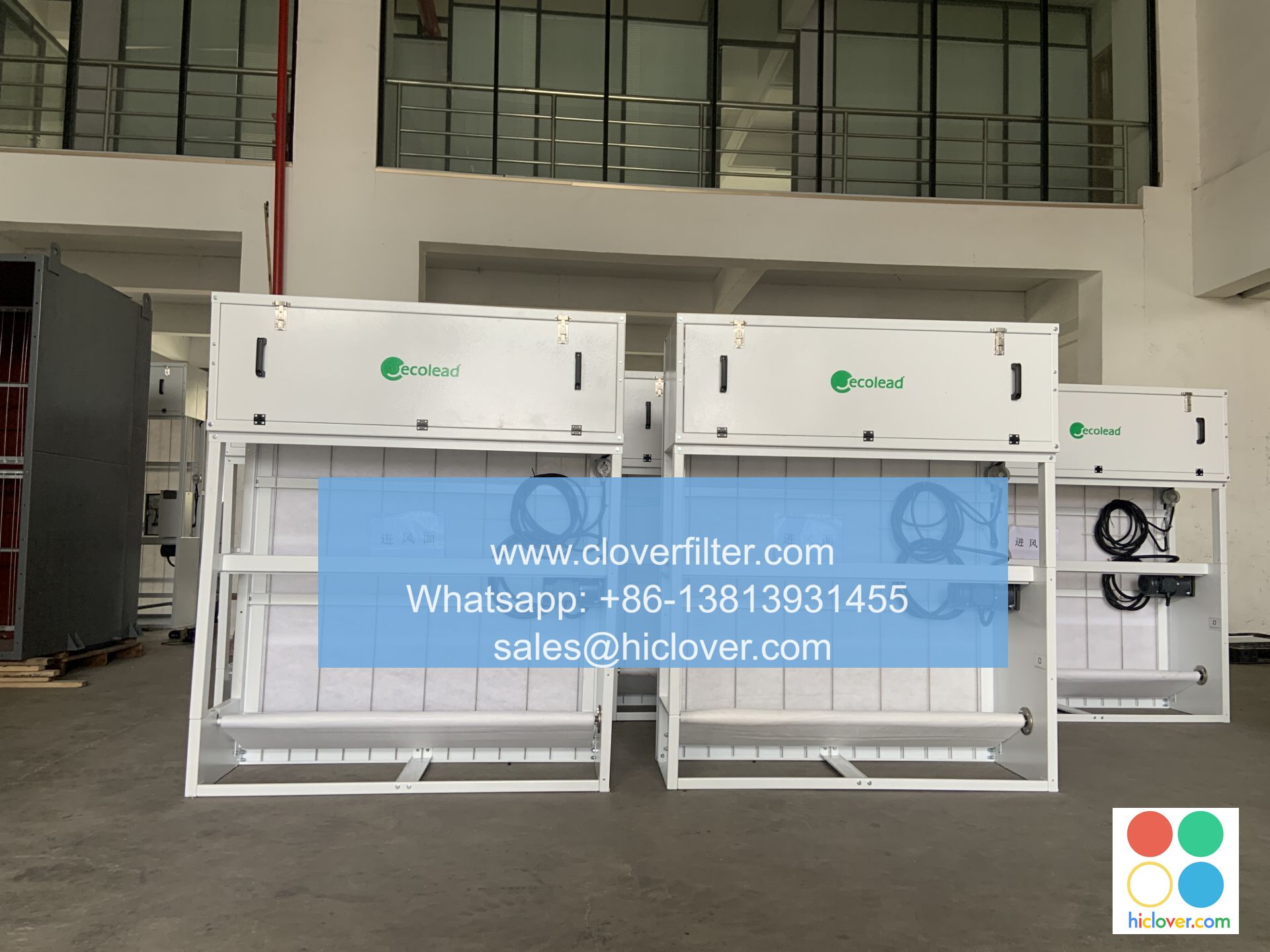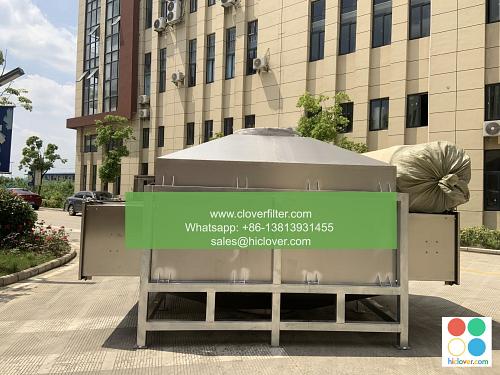Air Filter Design for Industrial Vacuum Systems

Industrial vacuum systems are critical components in various industries, including manufacturing, pharmaceuticals, and food processing. These systems rely on high-quality air filters to ensure efficient operation, prevent contamination, and maintain a safe working environment. In this article, we will explore the importance of air filter design for industrial vacuum systems, highlighting various application areas and key considerations for optimal performance.
Introduction to Industrial Vacuum Systems
Industrial vacuum systems are designed to remove airborne contaminants, such as dust, dirt, and other particles, from the air. These systems consist of a vacuum source, ductwork, and air filters, which work together to capture and remove particles from the air. The air filter is a crucial component of the system, as it determines the overall efficiency and effectiveness of the vacuum.
Key Considerations for Air Filter Design
When designing air filters for industrial vacuum systems, several key factors must be considered, including:
* Particle size and type: The air filter must be designed to capture particles of varying sizes and types, including dust, mist, and fumes.
* Airflow rate and velocity: The filter must be able to handle high airflow rates and velocities, while maintaining its filtering efficiency.
* Pressure drop and resistance: The filter should minimize pressure drop and resistance, ensuring that the vacuum system operates efficiently and effectively.
* Filter media and material: The choice of filter media and material is critical, as it affects the filter’s performance, durability, and maintenance requirements.
Application Areas for Industrial Vacuum Systems
Industrial vacuum systems are used in various application areas, including:
* Manufacturing and production: Industrial vacuum systems are used to remove airborne contaminants, such as dust and debris, from manufacturing facilities.
* Pharmaceutical and food processing: These systems are used to maintain a clean and sterile environment, preventing contamination and ensuring product quality.
* Welding and metalworking: Industrial vacuum systems are used to remove airborne particles, such as welding fumes and metal dust, from the air.
* Oil and gas industries: These systems are used to remove airborne contaminants, such as oil mist and dust, from the air.
Types of Air Filters for Industrial Vacuum Systems
Several types of air filters are used in industrial vacuum systems, including:
* Cartridge filters: These filters consist of a cylindrical cartridge filled with filter media, which captures particles from the air.
* Bag filters: These filters use a bag-like design, which captures particles from the air and allows for easy cleaning and maintenance.
* HEPA filters: High-efficiency particulate air (HEPA) filters are designed to capture particles as small as 0.3 microns, making them ideal for applications where high filtration efficiency is required.
* Activated carbon filters: These filters use activated carbon to capture gases and odors, making them ideal for applications where gas-phase filtration is required.
Conclusion
In conclusion, air filter design for industrial vacuum systems is a critical aspect of ensuring efficient and effective operation. By considering key factors, such as particle size and type, airflow rate and velocity, and filter media and material, industries can optimize their air filter design and improve overall system performance. With various application areas, including manufacturing, pharmaceuticals, and food processing, industrial vacuum systems play a vital role in maintaining a safe and healthy working environment. By selecting the right type of air filter and designing it with the specific application in mind, industries can ensure optimal performance, efficiency, and compliance with regulatory requirements. It seems like you’re ready to start, but you haven’t given me a specific prompt to work with. Could you please provide more details or specify the topic you’d like to discuss or the task you need help with? I’m here to assist you with a wide range of questions and topics, from science and history to entertainment and personal advice. Let me know how I can help!

